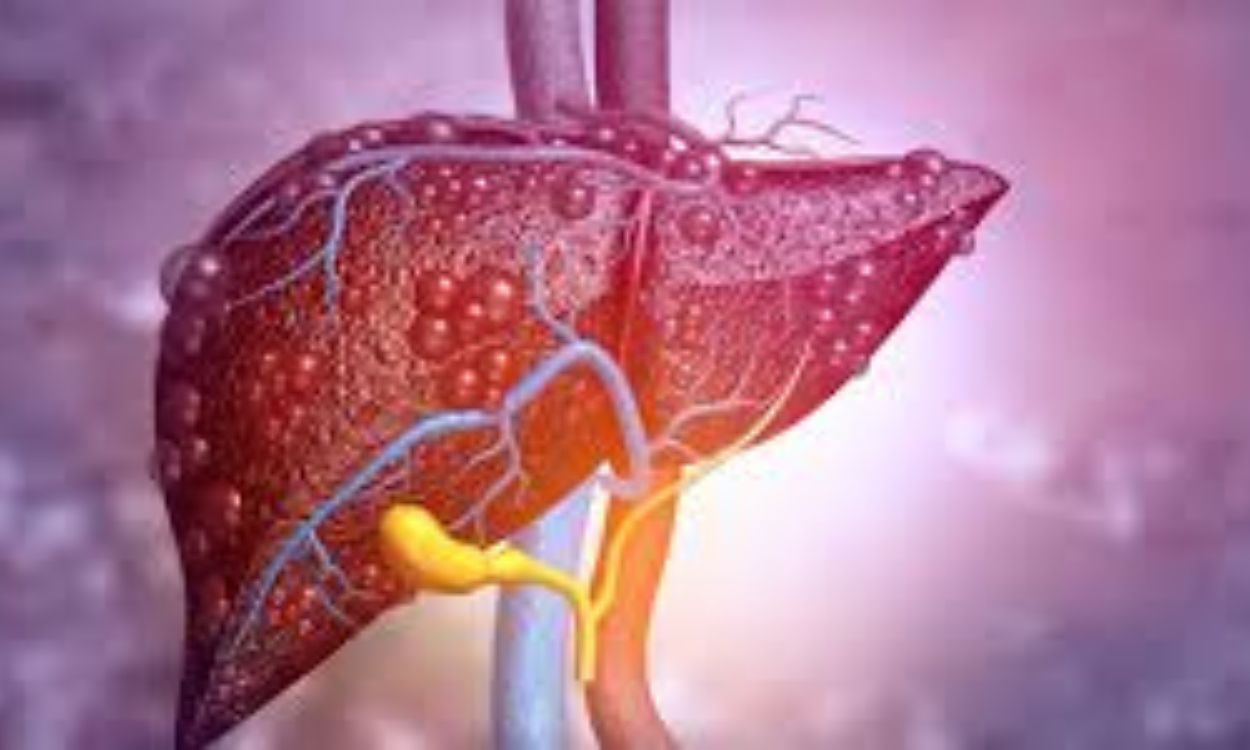Unraveling the Connection: Are Blood Disorders Linked to Fatty Liver?**
Understanding Fatty Liver and Its Implications
Fatty liver, medically termed as hepatic steatosis, is a condition characterized by the accumulation of excess fat in the liver cells. While often associated with excessive alcohol consumption, non-alcoholic fatty liver disease (NAFLD) is increasingly common, especially in India, due to rising obesity rates and sedentary lifestyles. This condition is not only a precursor to liver damage but can also significantly impact other bodily systems, including the blood.
Fatty Liver and Blood Disorders: The Hidden Link
Research indicates that fatty liver can be associated with a range of blood disorders, primarily due to its role in metabolism and detoxification. Here’s how:
1. Blood Clotting Issues: The liver produces proteins necessary for blood clotting. Fatty liver can impair this function, leading to either excessive bleeding or the formation of unwanted clots (thrombosis).
2. Anemia: There’s a notable link between fatty liver and anemia, especially hemolytic anemia. The liver’s impaired functioning can lead to the premature destruction of red blood cells, causing a deficiency.
3. Altered Lipid Profiles: Fatty liver can cause dyslipidemia, characterized by elevated levels of triglycerides and cholesterol in the blood, increasing the risk of cardiovascular diseases.
4. Thrombocytopenia: This condition refers to a low platelet count, which can be a complication of fatty liver disease, affecting the blood’s ability to clot and increasing the risk of bleeding.
Addressing the Challenge: Lifestyle Changes and Monitoring
Detecting and managing fatty liver early on is crucial to prevent its progression and associated complications. Here are some steps to consider:
– Regular Monitoring: Routine liver function tests can help detect early signs of liver damage.
– Diet and Exercise: A balanced diet rich in fruits, vegetables, and lean proteins, along with regular physical activity, can help manage body weight and reduce liver fat.
– Medical Consultation: Regular check-ups with healthcare providers specializing in liver health can guide effective management strategies.
Discover Fitpaa: Your Path to Health and Wellness
Understanding and managing conditions like fatty liver requires a holistic approach. This is where Fitpaa comes into play. With its cutting-edge, AI-driven health technology, Fitpaa offers personalized health solutions tailored to your metabolic needs and lifestyle.
Why Fitpaa?
– Comprehensive Health Assessment: Fitpaa provides a detailed metabolism assessment to identify and address the root cause of health issues, ensuring a tailored approach to wellness.
– Personalized Health Plan: Receive a custom Fitpaa Capsule, including diet and exercise plans, overseen by a team of experts in nutrition, fitness, and medicine.
– Real-Time Guidance: With Fitpaa’s real-time guidance, receive timely nudges and habit-building strategies, making it easier to stay on track and achieve your health goals.
– Accessible and User-Friendly: The Fitpaa app is designed to be intuitive, helping you track your progress with ease, whether it’s monitoring your calorie intake or following workout routines.
Take Control of Your Health Today!
Join the thousands who’ve transformed their lives with Fitpaa. Whether your goal is to manage liver health, achieve optimal fitness, or simply enhance your well-being, Fitpaa offers a pathway to success with guaranteed results. Your journey to a healthier you begins with a single click. Download the Fitpaa app today and take the first step towards a healthier, happier future!











